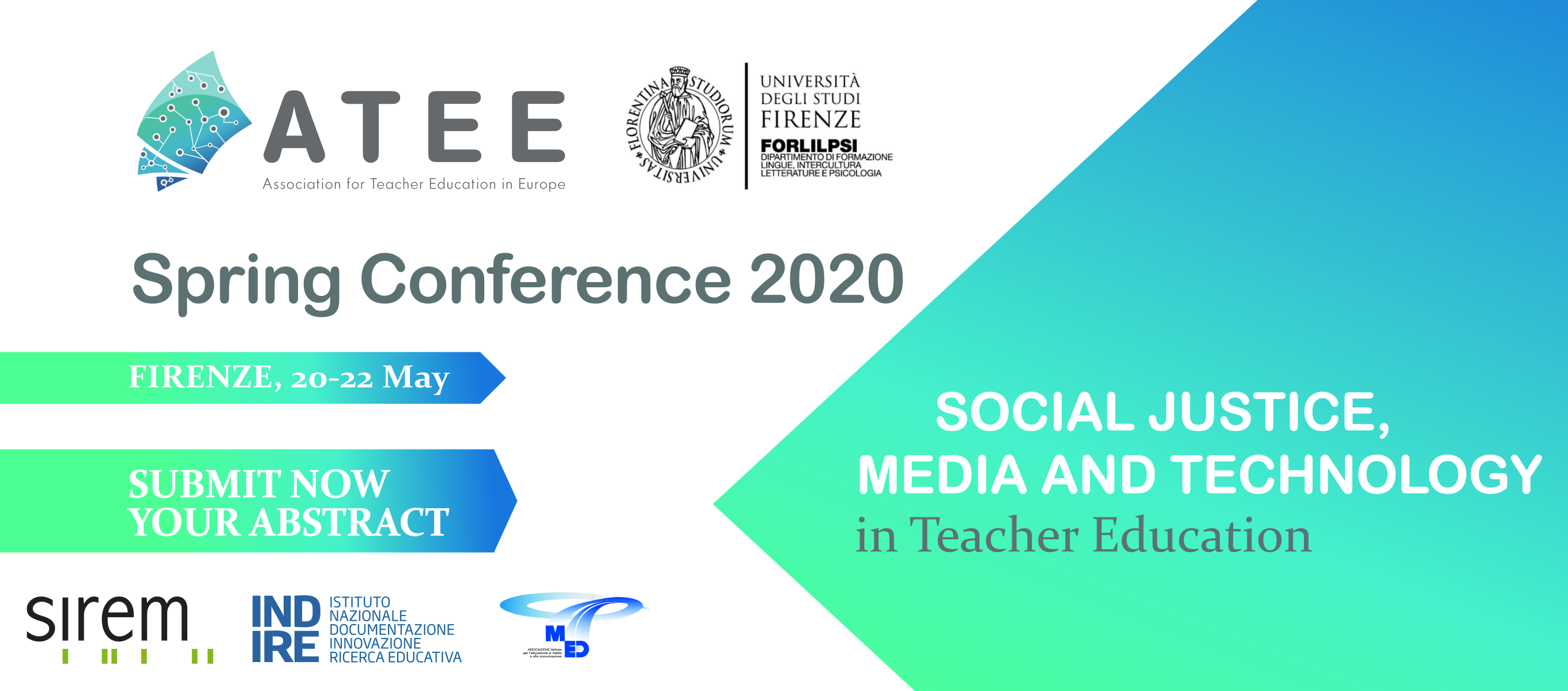KEYNOTE SPEAKERS
Thursday 21st May 2020
Dr Renee Hobbs
Professor and Director of the Media Education Lab at the University of Rhode Island.
Exploring controversial issues in the classroom
Educators are themselves citizens who express and share political views as part of their personal identity. They may care deeply about issues including climate change, immigration/migration , growing economic inequality, health and wellness, racism, sexism and other forms of discrimination, or other topics of concern. But in the classroom, some educators do not feel confident or comfortable exploring controversial issues with students, while others make clear their particular positions on political issues without necessarily reflecting on the inequality in power relationships that may silence their students. The practice of critical media analysis and reflection help teachers navigate both the opportunities and the challenges of exploring contemporary controversies in the classroom. Teachers benefit greatly from safe and structured opportunities to talk about the ethical and moral implications of their decisions to address or ignore controversial issues in the classroom.
Dr Maria Chiara Pettenati
Research Director INDIRE (National Institute of Documentation, Innovation and Educational Research)
Teachers training in Anthropocene between sustainability and equity "the human epoch”
Education, together with digital revolution, is considered one of the six transformative challenges for a sustainable future, according to an authoritative study published in 2019 in Nature Sustainabilty. If the age we live in, is now defined as Anthropocene because of the extreme transformations that humanity has produced on planet Earth, what does make sense to ask (and give) to teacher training to direct the future towards a Safe and Fair Operating Space?
Reflections after monitoring the three-years national CPD experience in Italy.
Friday 22nd May 2020
Dr Shakuntala Banaji
Associate Professor in the Department of Media and Communications at London School of Economics
Critical media education and social justice in a time of technologised misinformation
In much academic and policy literature on politics, participation, and media, young people across the world are enjoined to engage in activities thought good for them in order to qualify for the moral label 'good citizens'. However, as the spread of hate propaganda around Muslims and migrants and the domestication of new technologies is implicated in events such as discriminatory misinformation, murderous mobs, mass shootings or movements against climate change and gender violence, questions abound about the ways in which media might affect teachers’ ability to relate to, learn from and build young people’s social media imaginaries with regard to justice. In this presentation, I will outline the visual research methods which teachers and educators can draw on in building a plausible case about the role of contemporary media texts in the social justice politics of different cultural contexts. With a particular commentary on the rise of fascism in India, I will explore the methodological challenges of ‘intertextuality’ for social justice oriented civic learning.
CALL FOR PAPERS
In 2020 the ATEE Spring Conference will be hosted by the University of Florence. As a main theme, the Conference will take a critical perspective on the role of digital technology and media in teacher education by framing the relationship between technology/media and education in the light of the ever-increasing social inequalities. From this standpoint the Conference will focus on the new challenges and growing demands on education system committed to addressing all forms of disparities in access, participation and learning outcomes, social exclusion and discrimination. A critical approach to the understanding of the implications of technological developments for education is particularly significant in a world dominated by algorithms that are increasingly controlling and regulating the extent to which people do or do not participate in the social life. The central focus of this conference is the relevance of these critical perspectives and approaches in the field of teacher education's research and practice.
Main sub-themes are:
● Teaching critical media/digital literacy in multicultural societies.
● Decommodifying teacher (digital) education.
● Digital technology and equity for inclusive teaching.
We are pleased to invite you to submit an abstract to ATEE Spring Conference 2020.
|
Papers accepted for being included in the Proceedings of ATEE Spring Conference Florence will be published in a fully Open Acces format under the Creative Commons Licence CCBY and a printed version with ISBN will be available on demand.
|
IMPORTANT DATES
Abstract Submission
- Abstract submission deadline: 15th January, 2020
- Notification of Acceptance/Rejection: 15th February, 2020
- Final Paper Submission Deadline: 15th July, 2020
Registration
- Opening of registration: 15th December, 2020
- Early Registration Deadline: 28th February, 2020
- Late Registration Deadline: 20th May, 2020
|
|
|

